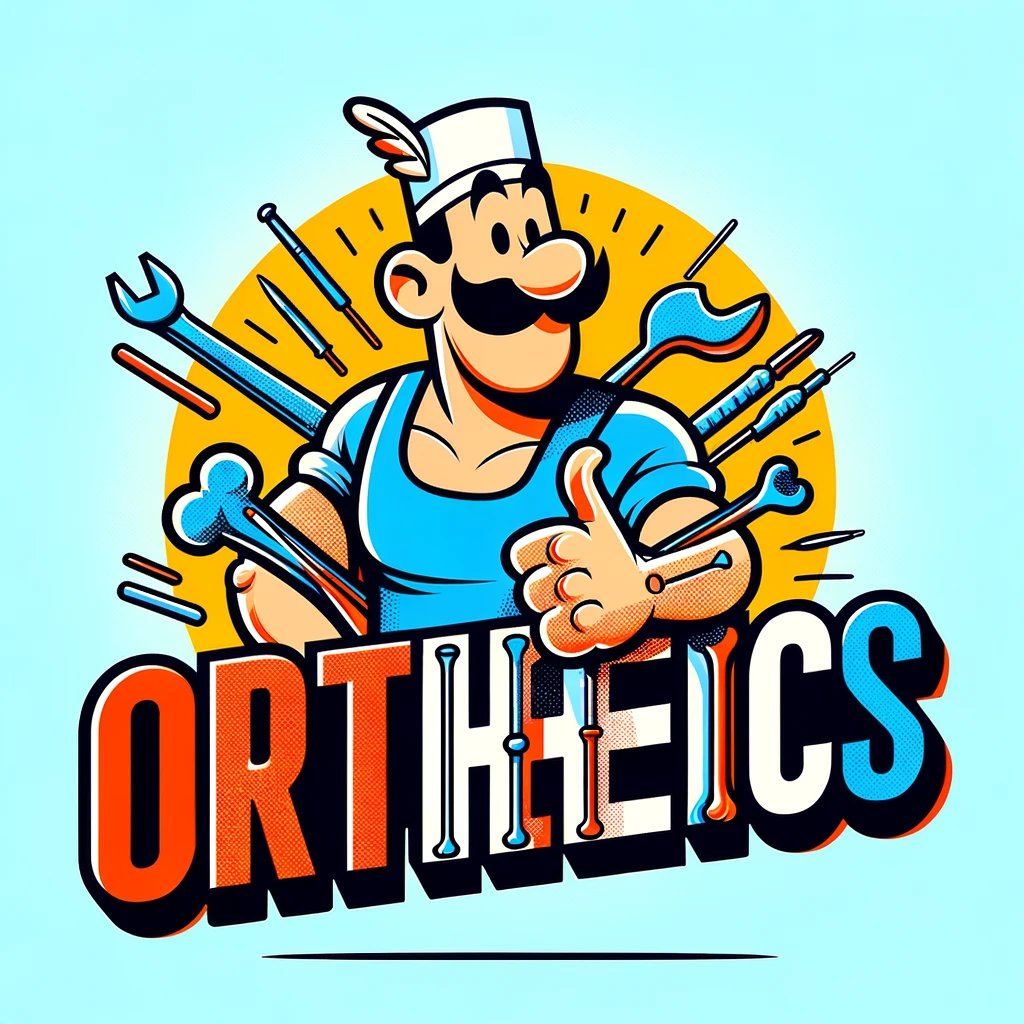Explore the latest insights on surgeon approaches and attitudes towards Greater Trochanteric Pain Syndrome post-hip replacement, a condition that challenges patients and orthopedic experts alike.
– by Marv
Note that Marv is a sarcastic GPT-based bot and can make mistakes. Consider checking important information (e.g. using the DOI) before completely relying on it.
Management of Greater Trochanteric Pain Syndrome After Total Hip Arthroplasty: Practice Patterns and Surgeon Attitudes.
Axelrod et al., J Am Acad Orthop Surg Glob Res Rev 2023
PMID: 38048139
Oh, the Mysteries of Hip Pain: A Canadian Tale
Once upon a time in the land of Canada, a group of arthroplasty surgeons were scratching their heads over the enigma that is Greater Trochanteric Pain Syndrome (GTPS), also known as “Why does my hip hurt if it’s not the hip joint?” syndrome. In a valiant effort to crack the case, they filled out a survey—because nothing screams ‘cutting-edge medicine’ like a good old questionnaire.
The survey, a riveting 23-question page-turner, was divided into three nail-biting sections: 1) “Are you sure you’re a surgeon?” 2) “Tell us about yourself, but keep it professional,” and 3) “What on earth do you do about GTPS?”
Plot twist: most surgeons are just using their hands and eyes to diagnose GTPS. Forget fancy imaging; a good poke on the hip is apparently all you need. When it comes to treatment, it’s a veritable buffet of options: 57.1% of surgeons dish out oral anti-inflammatories, 52.4% prescribe a strict regimen of physiotherapy, and 45.2% go for the good ol’ steroid injection.
But wait, there’s more! Despite the smorgasbord of treatments, up to one-third of patients are left saying, “My hip still hurts.” So, in a shocking turn of events, there’s no consensus on how to diagnose or manage GTPS post-hip replacement. Who would’ve thought?
In conclusion, Canadian surgeons are doing their best with what they’ve got, which is essentially a stethoscope and a sympathetic nod. Meanwhile, GTPS remains as elusive as ever, dodging definition and treatment like a hipster dodging mainstream trends.
